Canada has long been viewed as America’s quieter, more reserved northern neighbor. But beneath that calm demeanor lies a country capable of bold, history-shaping decisions that often catch the United States off guard. Whether in politics, culture, or global leadership, Canada has repeatedly taken progressive leaps that leave Americans rethinking their own choices. Here are 21 times Canada’s bold moves left America feeling inferior.
Legalizing Same-Sex Marriage a Decade Earlier
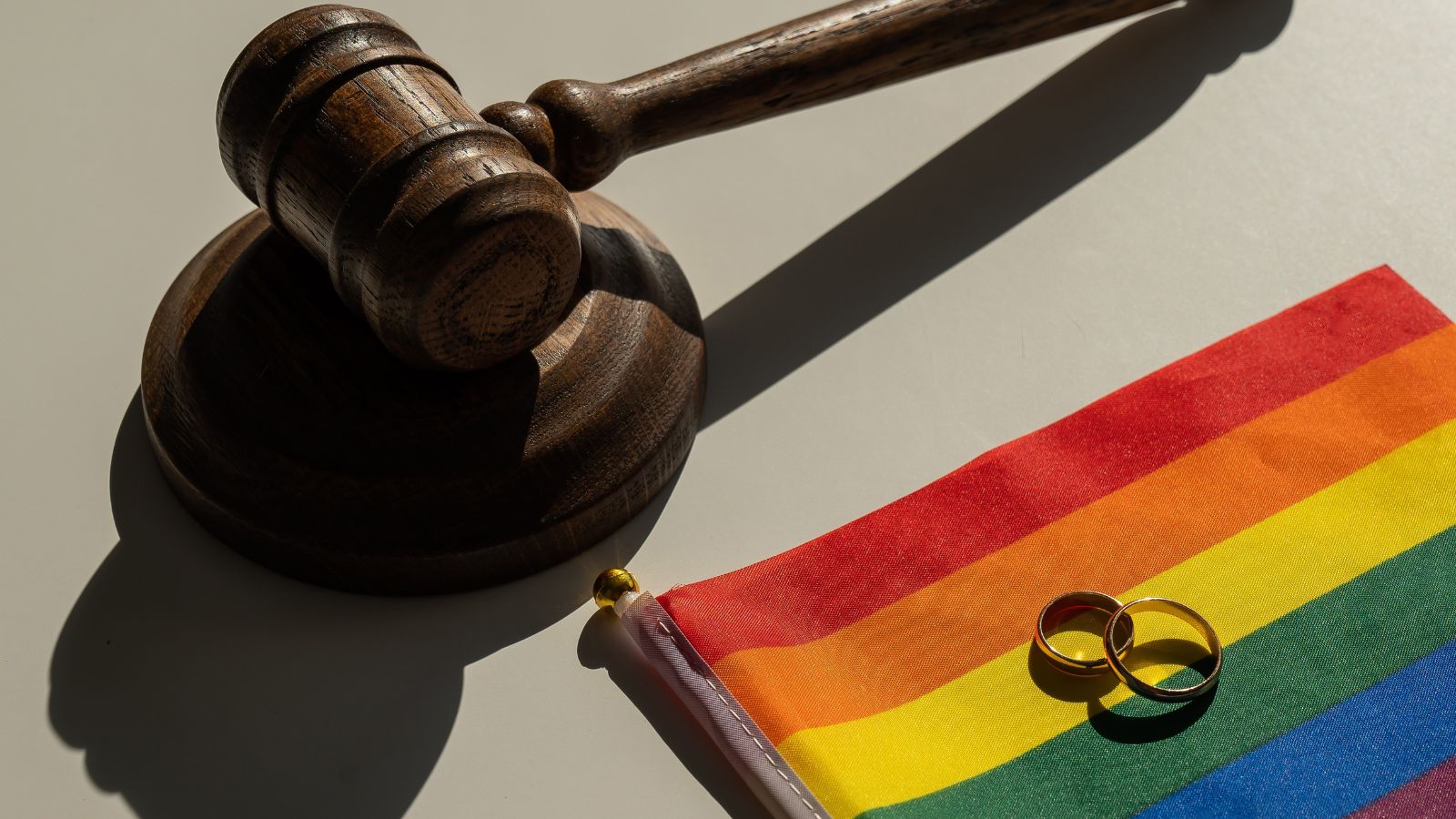
In 2005, Canada became the fourth country in the world to legalize same-sex marriage nationwide. This bold move happened while much of the U.S. was still debating civil unions and facing legal battles at the state level. Canada’s decision was based on equality and dignity, setting a global standard. It wasn’t until 2015 that the U.S. followed suit, a full ten years later.
Welcoming Syrian Refugees Without Hesitation

When the Syrian refugee crisis erupted, Canada responded swiftly and compassionately by welcoming over 25,000 refugees in just a few months under Prime Minister Justin Trudeau. Meanwhile, the U.S. was bogged down in political debates and slow bureaucratic processes. The iconic image of Trudeau greeting refugees at the airport became a symbol of openness and humanitarian leadership. Canada’s clear and decisive action contrasted with America’s hesitation.
Legalizing Cannabis Nationwide
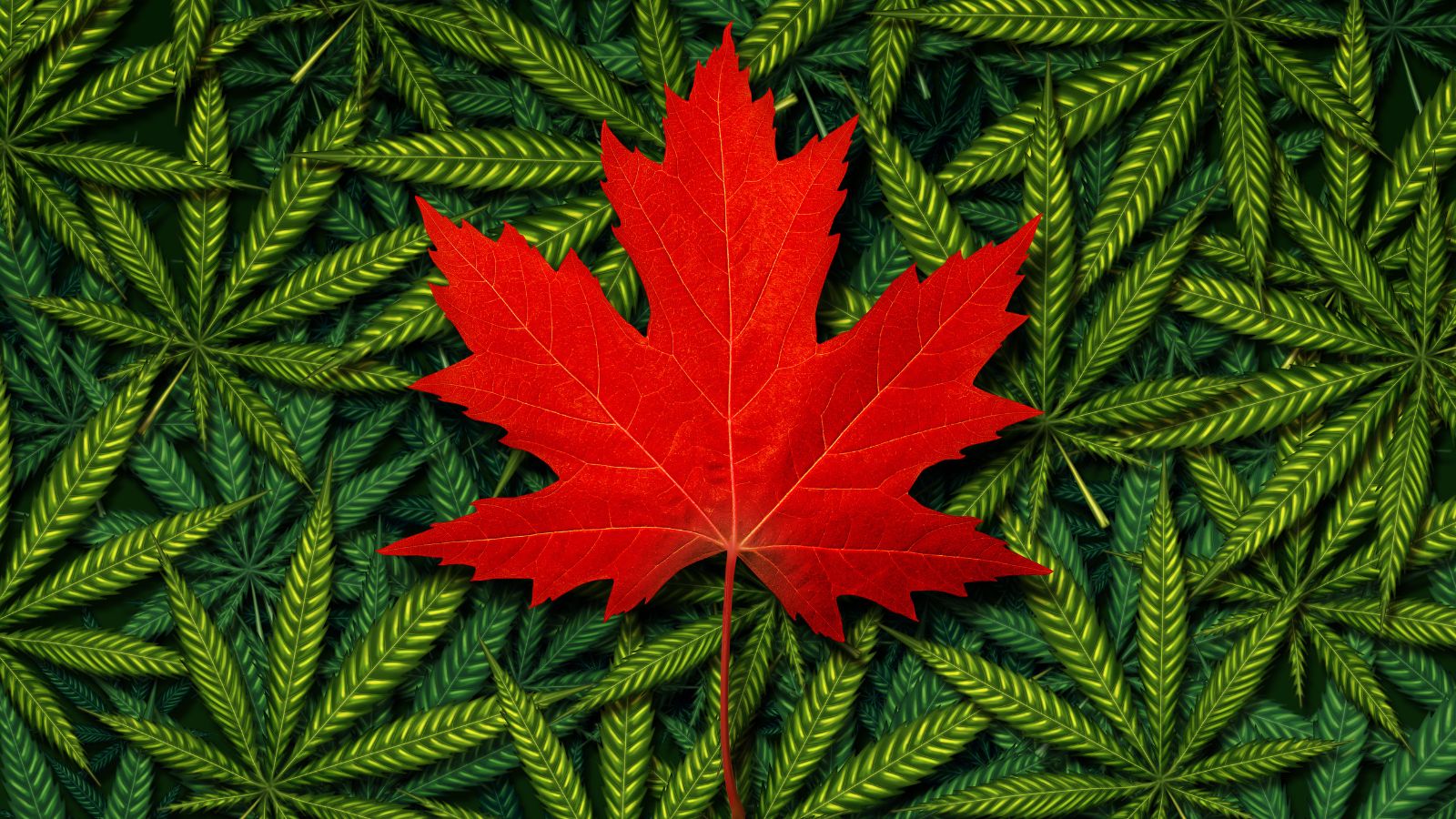
In 2018, Canada became the second country in the world to legalize recreational cannabis nationwide. While various U.S. states had made strides in legalization, federal prohibition remained firmly in place. Canada’s approach was thoughtful and regulated, offering a national framework for safe consumption. It showed the world, and especially Americans, that bold, progressive drug policy was possible at a national level.
Implementing Universal Healthcare

Canada’s single-payer healthcare system has been a source of pride for decades, offering universal access regardless of income or employment. In contrast, the U.S. continues to struggle with a privatized model that leaves millions uninsured or underinsured. Canadians pay less for care and enjoy better health outcomes overall. Despite flaws, Canada’s system continues to make Americans question their own.
Banning Assault-Style Firearms Swiftly After Tragedy

Following the 2020 mass shooting in Nova Scotia, Canada moved within days to ban over 1,500 models of military-grade assault-style weapons. The U.S., even after numerous mass shootings, remains locked in legislative paralysis. Canada’s quick response was seen globally as an example of prioritizing public safety over lobby interests. This decisive action embarrassed many U.S. lawmakers caught in political deadlock.
Apologizing for Historical Wrongs Publicly and Sincerely
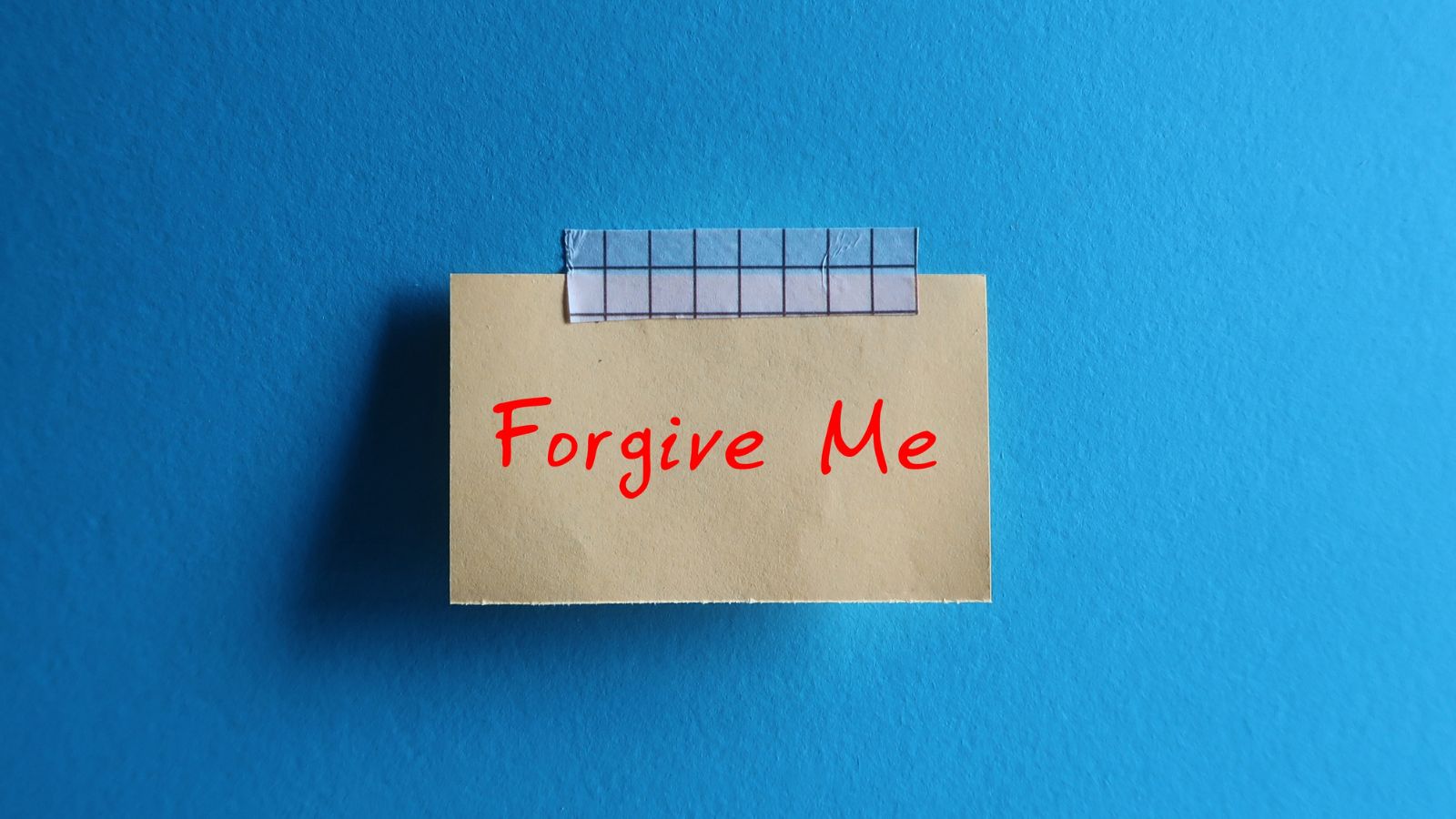
Canada has issued formal apologies for several historical injustices, including the internment of Japanese Canadians during World War II and the abuses at residential schools. These gestures, though symbolic, carry weight and come with reparative efforts. While the U.S. has acknowledged wrongs, formal government apologies remain rare or diluted.
Welcoming Draft Dodgers During the Vietnam War
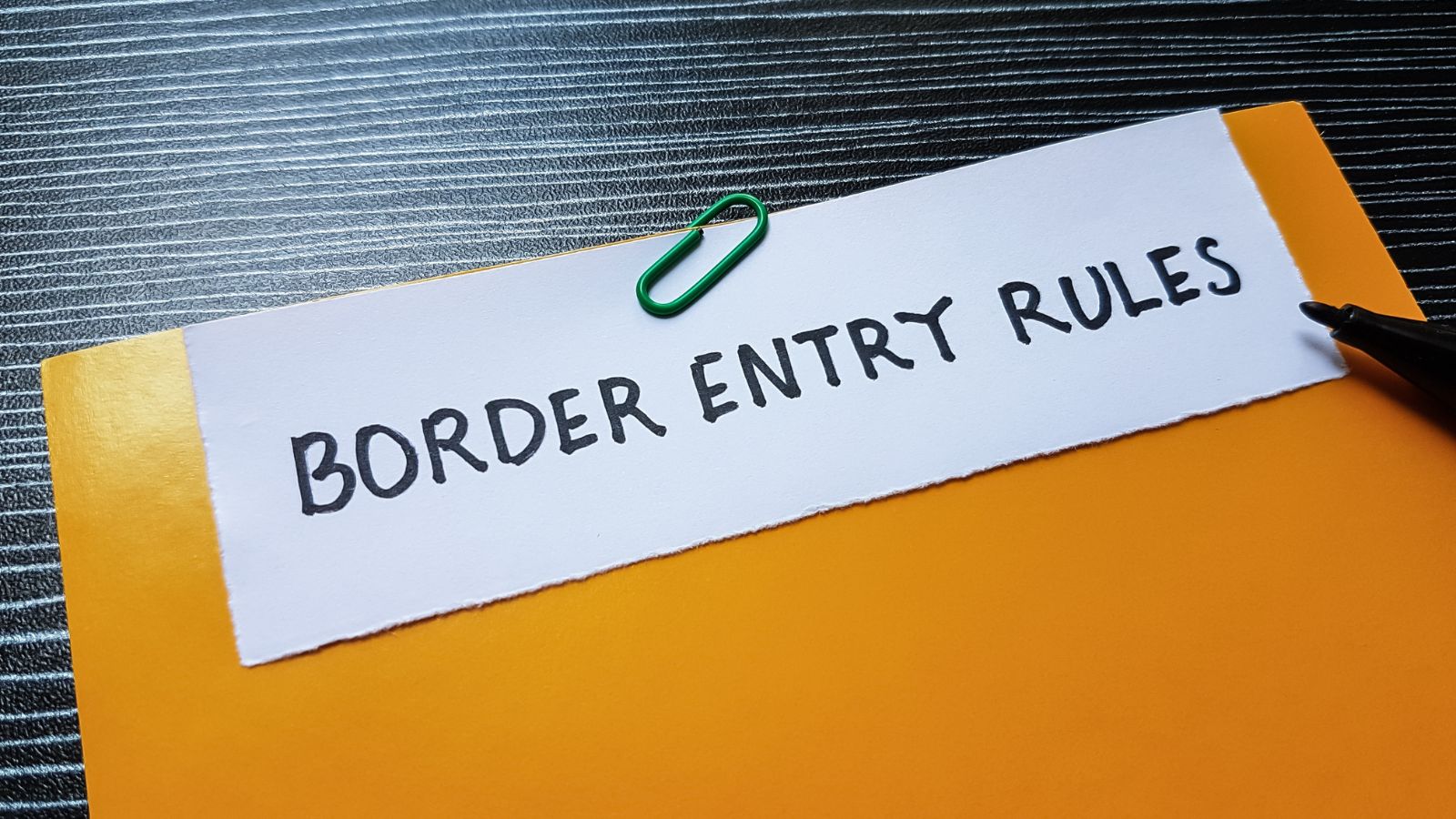
During the Vietnam War, tens of thousands of American draft dodgers fled to Canada, where they were accepted and allowed to stay. Canada’s refusal to support the war and its humane treatment of conscientious objectors highlighted its independent foreign policy stance. It also created a brain gain, as many of these individuals became productive members of Canadian society. America’s military-driven approach paled in comparison to Canada’s peaceful refuge.
Leading on Climate Commitments
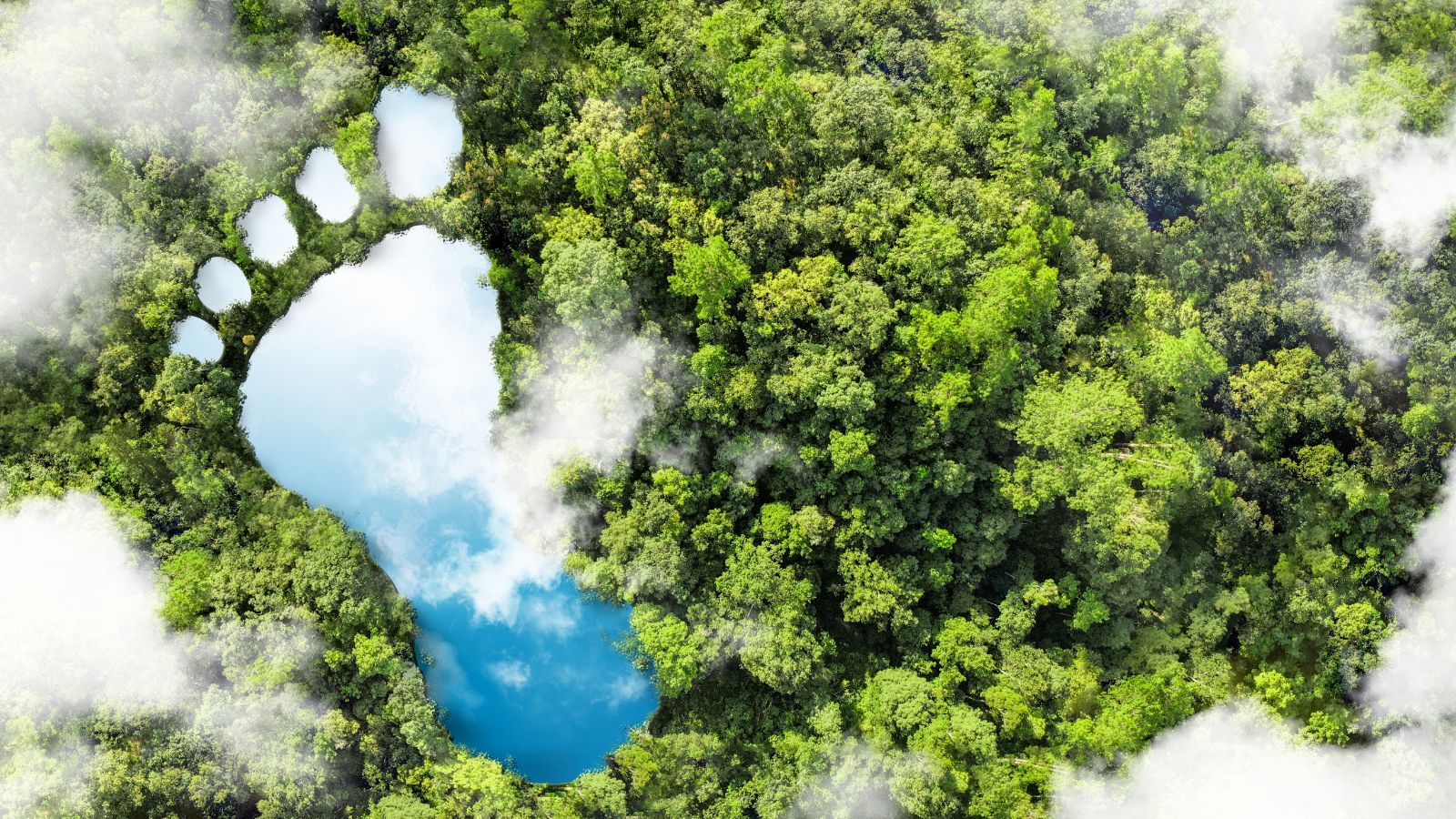
Canada has consistently committed to international climate accords and set ambitious targets to cut emissions. Though execution can vary, Canada’s intent and public support for environmental stewardship outpace America’s often divided stance. The U.S. has withdrawn from and rejoined agreements like the Paris Accord, while Canada’s efforts have remained more steady. This long-term commitment reflects stronger public consensus and political will.
Establishing Bilingual National Policy
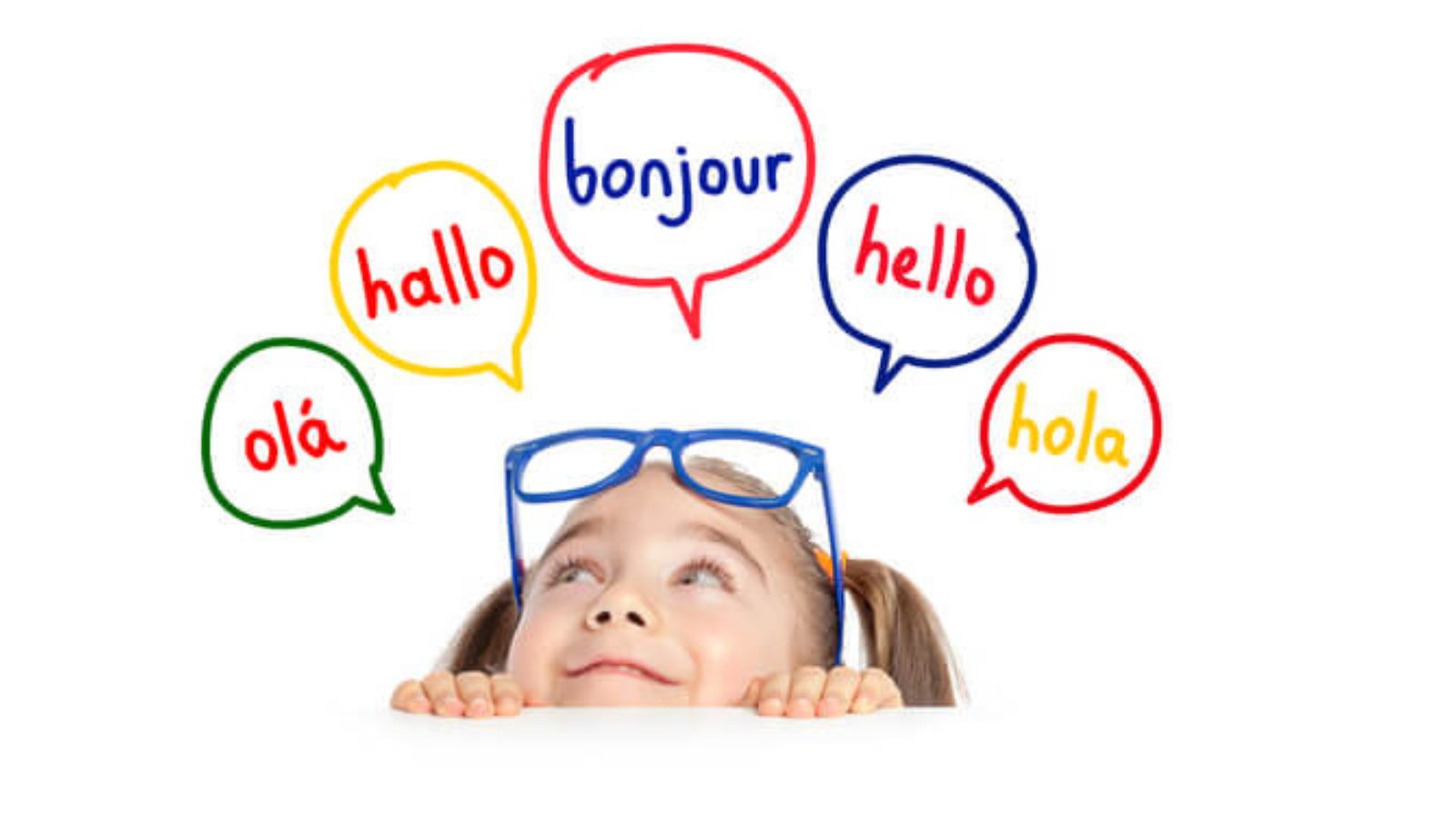
Canada made both English and French official languages at the federal level with the Official Languages Act of 1969. This formal recognition of linguistic diversity goes beyond simple tolerance, it’s woven into public institutions, media, and education. The U.S., despite being a multicultural nation, has never made such a bold embrace of linguistic inclusion. Canada’s language policy sends a message of national unity through diversity.
Legal Protections for Transgender Canadians

In 2017, Canada added gender identity and expression to its Human Rights Code and Criminal Code, offering explicit protections for transgender individuals. In contrast, transgender rights in the U.S. have remained a flashpoint of political and legal debate, with protections varying wildly by state. Canada’s firm national stance provided clarity and safety. This move highlighted a stark difference in how both countries treat vulnerable populations.
Prioritizing Indigenous Reconciliation Nationally
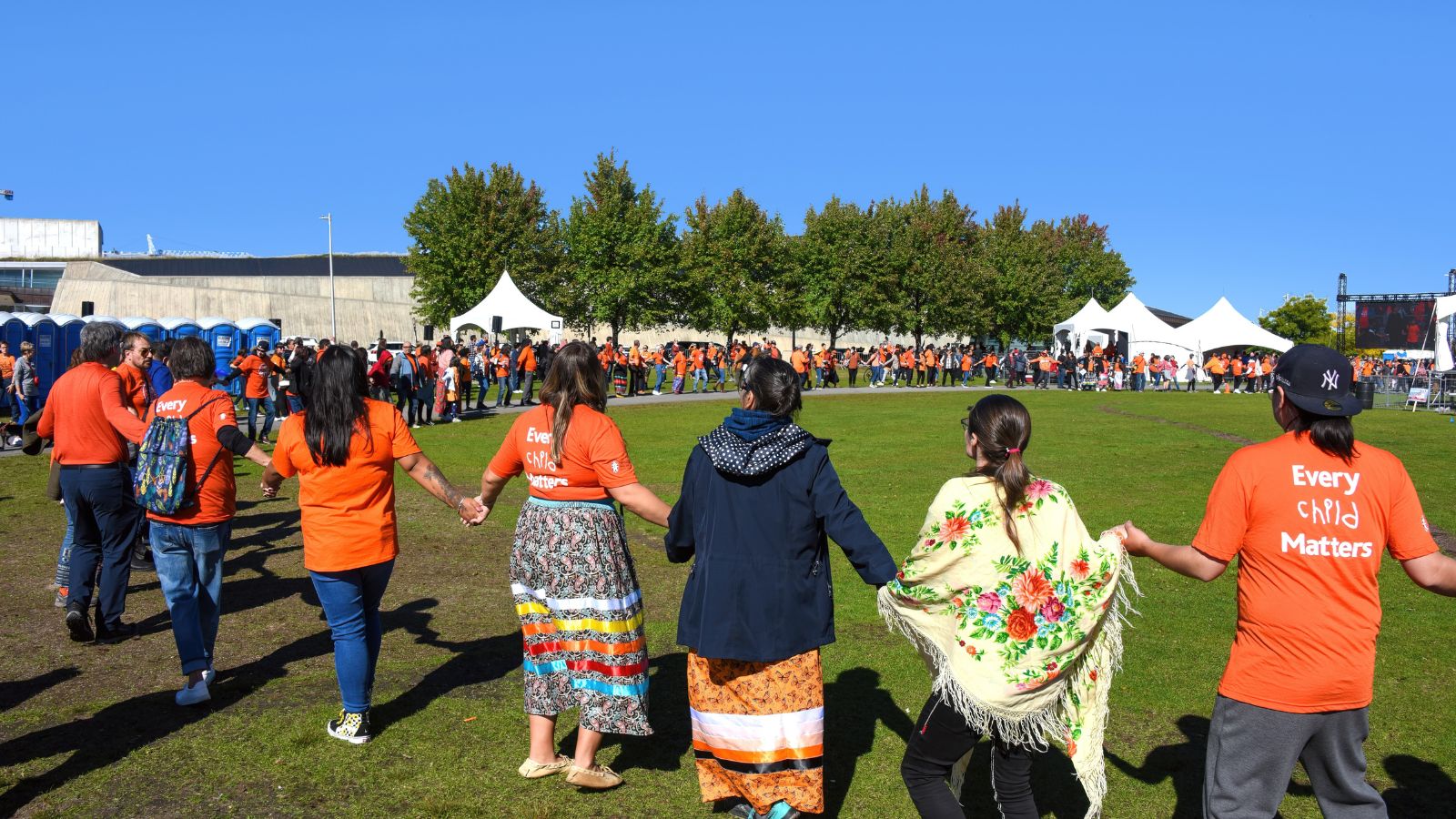
Canada established the Truth and Reconciliation Commission in 2008 to confront abuses suffered by Indigenous peoples, especially in residential schools. While reconciliation is ongoing and complex, this formal process has no direct parallel in the U.S. Canada’s acknowledgment of historical trauma and efforts toward healing set a global standard. America has yet to initiate anything so far-reaching.
Creating a National Public Broadcaster Without Political Bias
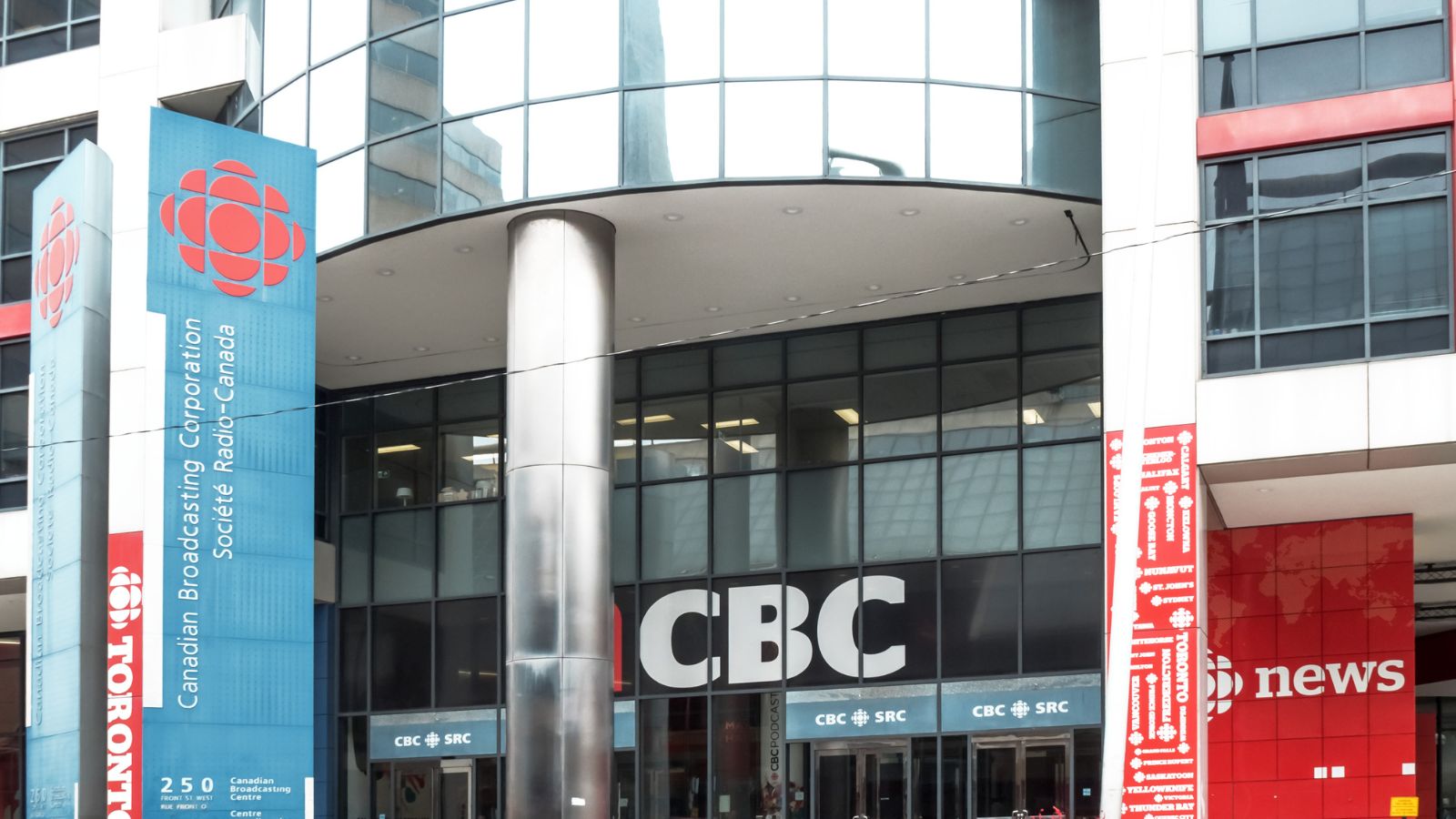
CBC/Radio-Canada offers Canadians a publicly funded, independent news source with a mandate to reflect national values and diversity. In the U.S., public broadcasting is comparatively underfunded and politically vulnerable. The CBC has helped shape Canadian identity and provided trusted news and culture content for decades. Its balanced tone makes it a model the U.S. struggles to replicate.
Standing Up to American Presidents

From Pierre Trudeau’s cold dismissal of Nixon’s pressures to Chrétien’s refusal to join the Iraq War, Canadian leaders have repeatedly shown backbone in dealings with American presidents. These moves have earned respect domestically and abroad for asserting sovereignty. Canada doesn’t always follow the U.S. lead, and that’s by design. This independence often leaves Americans begrudgingly admiring Canada’s resolve.
Legalizing Medically Assisted Dying

Canada legalized medical assistance in dying (MAiD) in 2016, offering individuals with grievous illnesses the right to choose a dignified death. The U.S. only allows this in a handful of states, and the debate remains fraught with religious and legal roadblocks. Canada’s national framework treats end-of-life choice as a matter of personal dignity, a bold moral stance still out of reach for many Americans.
Passing Comprehensive Paid Leave Laws
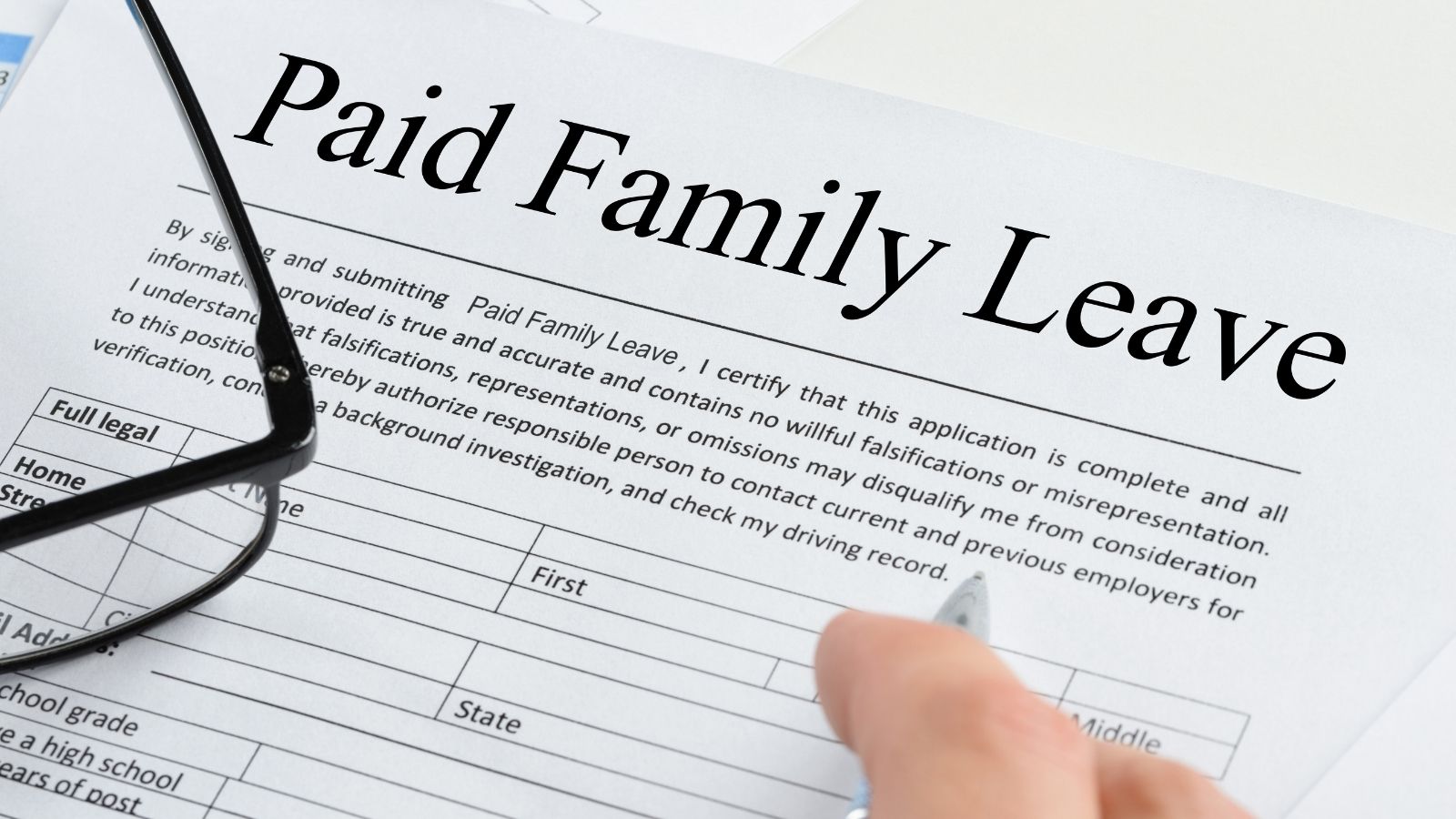
Canada’s federal employment standards guarantee up to 18 months of combined maternity and parental leave, with partial income replacement. The U.S. offers no federally mandated paid leave, leaving millions of workers unsupported. This discrepancy is glaring, especially among young families and new parents. Canada’s policy reflects a commitment to work-life balance and long-term health outcomes.
Leading in Peacekeeping Missions

Canada has long been recognized as a global leader in peacekeeping, often acting as a neutral and stabilizing force in international conflicts. While the U.S. has focused on military interventions, Canada has emphasized diplomacy and humanitarian support. This approach has won international respect and moral authority, with Canada’s peacekeeping history stands as a counter-narrative to American hard power.
Producing Global Cultural Icons with Modesty

Canada has given the world world-class talent in film, music, and literature, think Ryan Reynolds, Margaret Atwood, and Drake, without the over-the-top bravado often seen in the U.S. Canadian artists often let their work speak louder than their personas, earning deep admiration for authenticity. This low-key dominance often surprises Americans who later discover the artists’ northern roots with its cultural influence delivered with humility.
Recognizing Same-Sex Adoption Rights Early
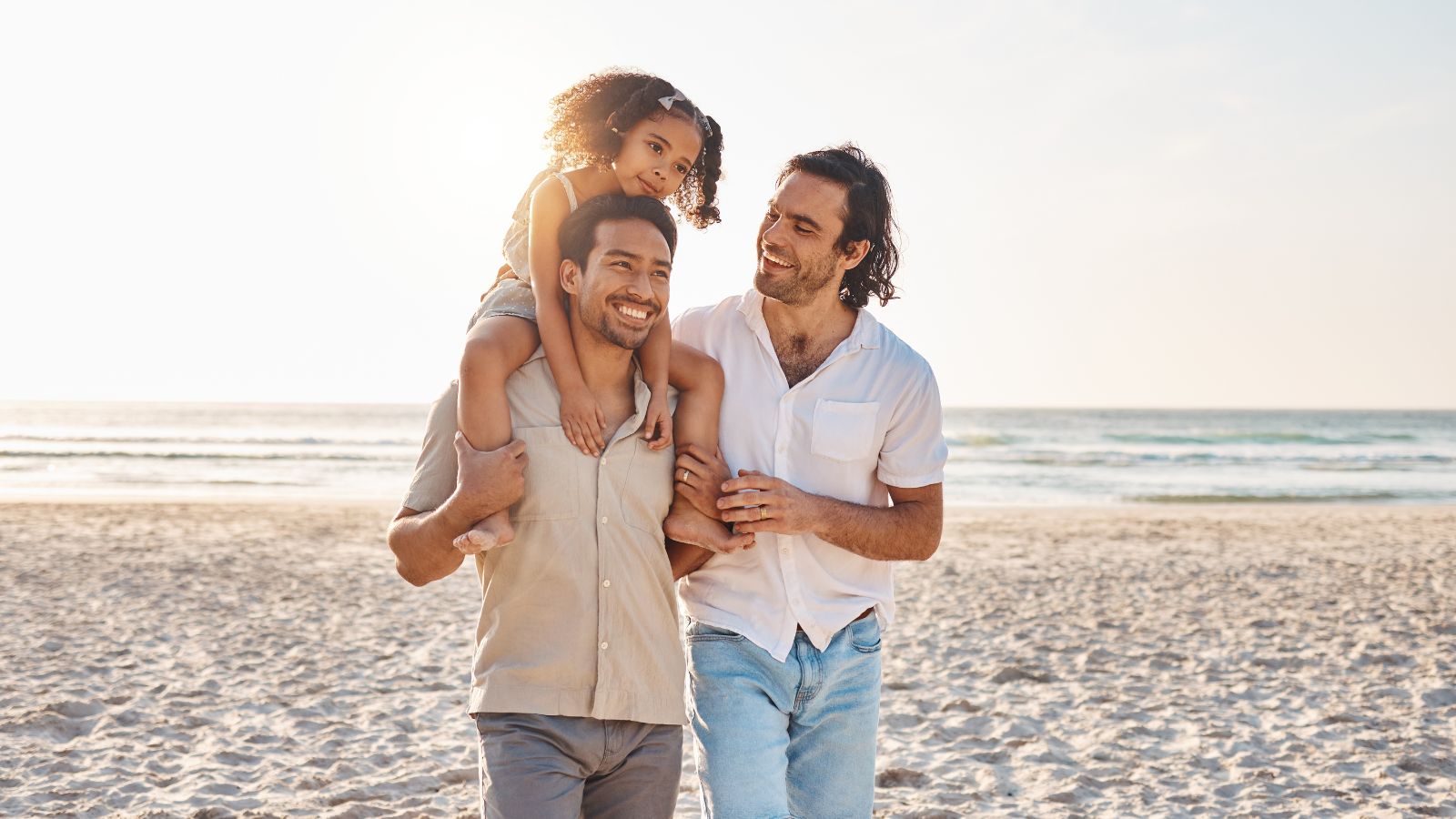
Canada moved quickly to allow same-sex couples to adopt children across the country, with most provinces onboard by the early 2000s. The U.S. lagged significantly, with some states still resisting full adoption rights into the 2010s. Canada’s proactive inclusivity helped shape progressive family norms long before it became widely accepted elsewhere, a move that put children’s well-being above politics.
Creating a National Identity Around Peace and Inclusion
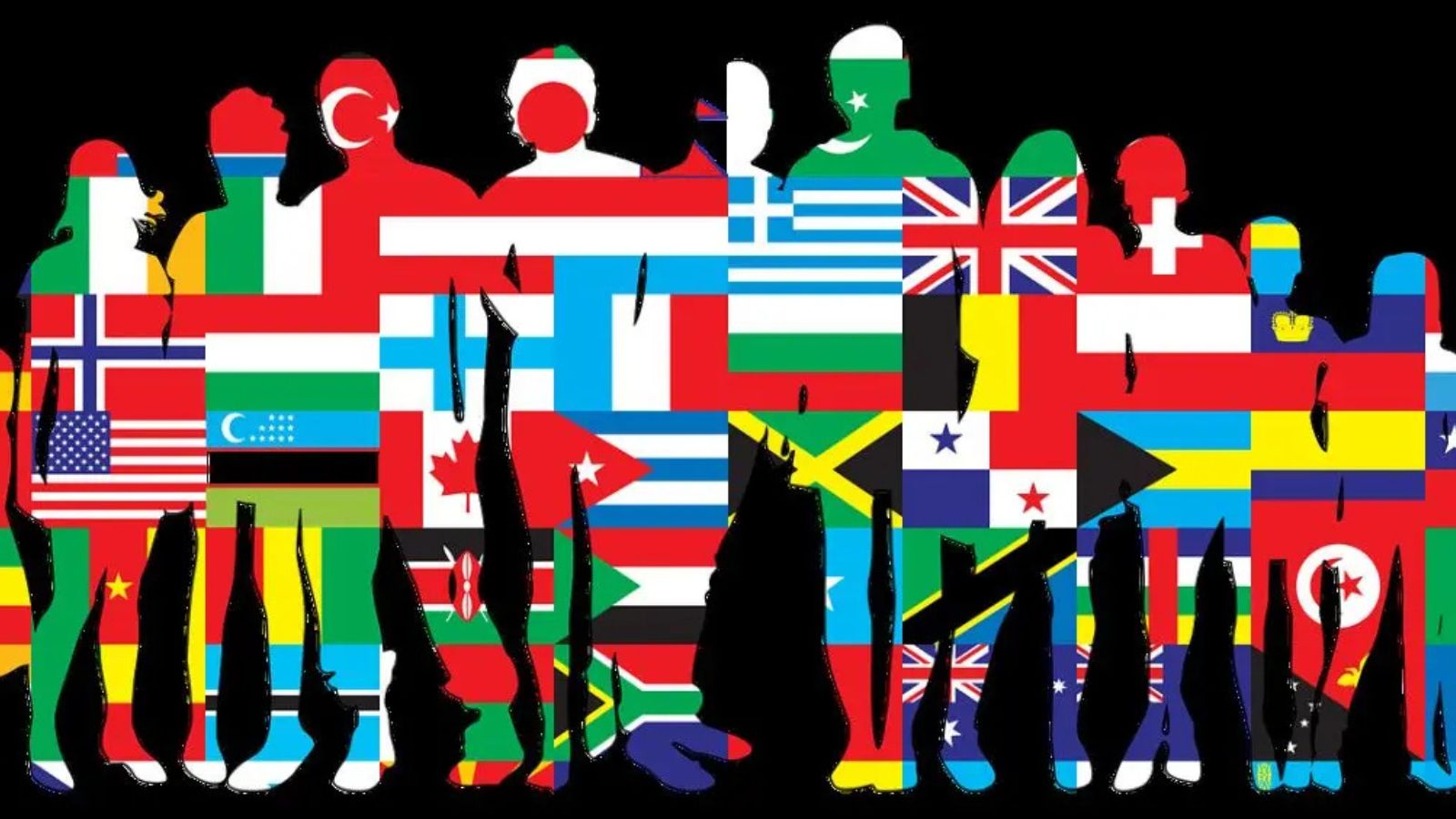
While America often defines itself through military strength and economic dominance, Canada has cultivated a national identity grounded in peace, multiculturalism, and cooperation. This softer identity resonates globally and sets Canada apart in times of rising nationalism. The country’s brand is strong not because it shouts, but because it lives its values. That quiet confidence leaves a lasting impression.
Offering Real Political Choice Without Polarization
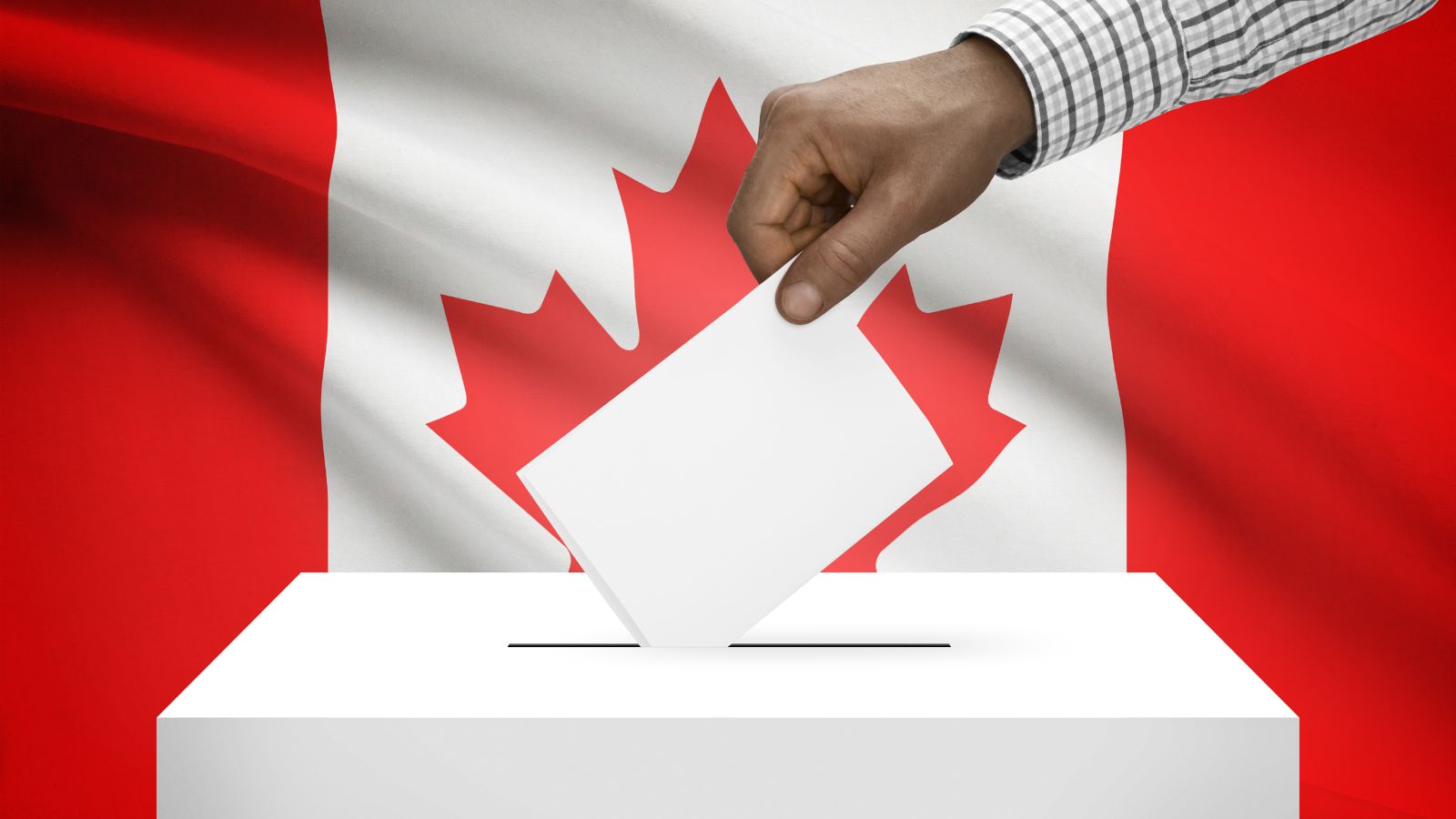
Canada’s multi-party political system allows for a wider range of representation and policy nuance compared to the U.S.’s entrenched two-party gridlock. Voters can choose from progressive, centrist, conservative, and regional options, leading to more coalition and compromise. Americans often envy this flexibility as their politics grow more divisive. Canada’s structure invites complexity over confrontation.
Being the World’s Moral Compass—Even If Quietly
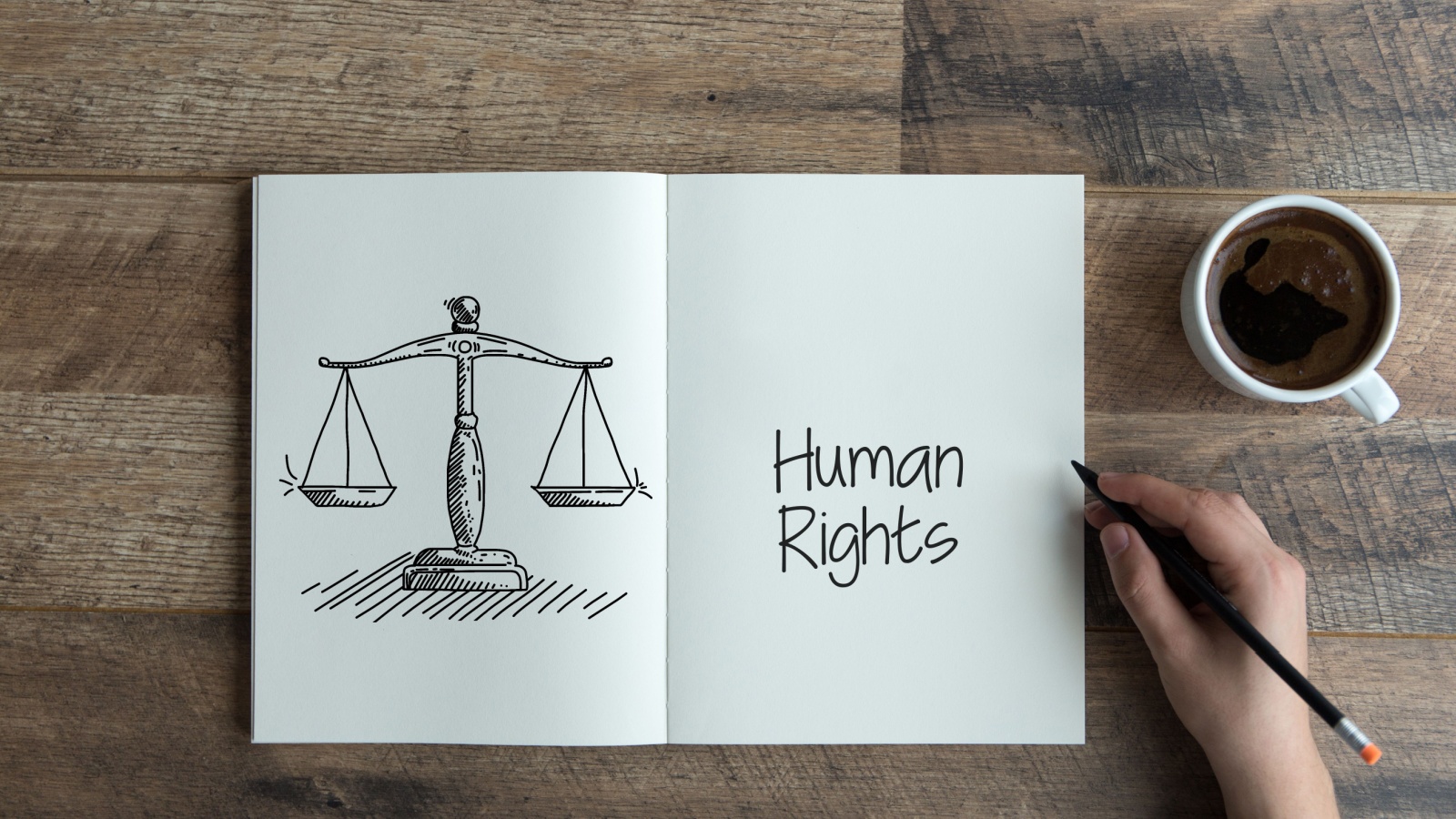
Whether it’s speaking up on human rights, offering asylum to persecuted individuals, or backing environmental treaties, Canada has often played the role of the world’s quiet conscience. It doesn’t always get the headlines, but its consistent, values-based diplomacy has global impact. As American foreign policy swings with each administration, Canada remains a stabilizing voice. It’s a role the world notices, and America, at times, envies.
21 Products Canadians Should Stockpile Before Tariffs Hit

If trade tensions escalate between Canada and the U.S., everyday essentials can suddenly disappear or skyrocket in price. Products like pantry basics and tech must-haves that depend on are deeply tied to cross-border supply chains and are likely to face various kinds of disruptions
21 Products Canadians Should Stockpile Before Tariffs Hit
